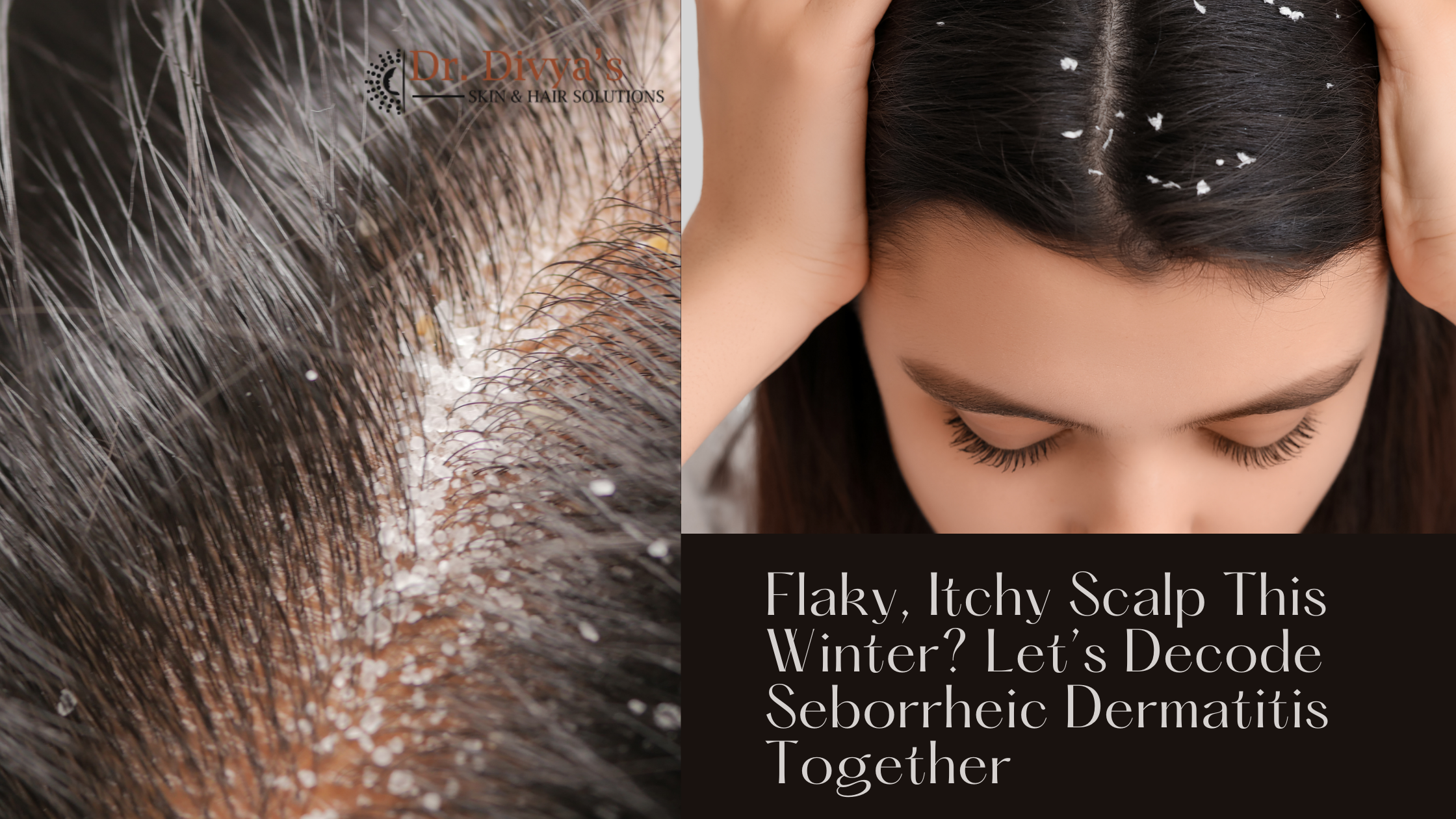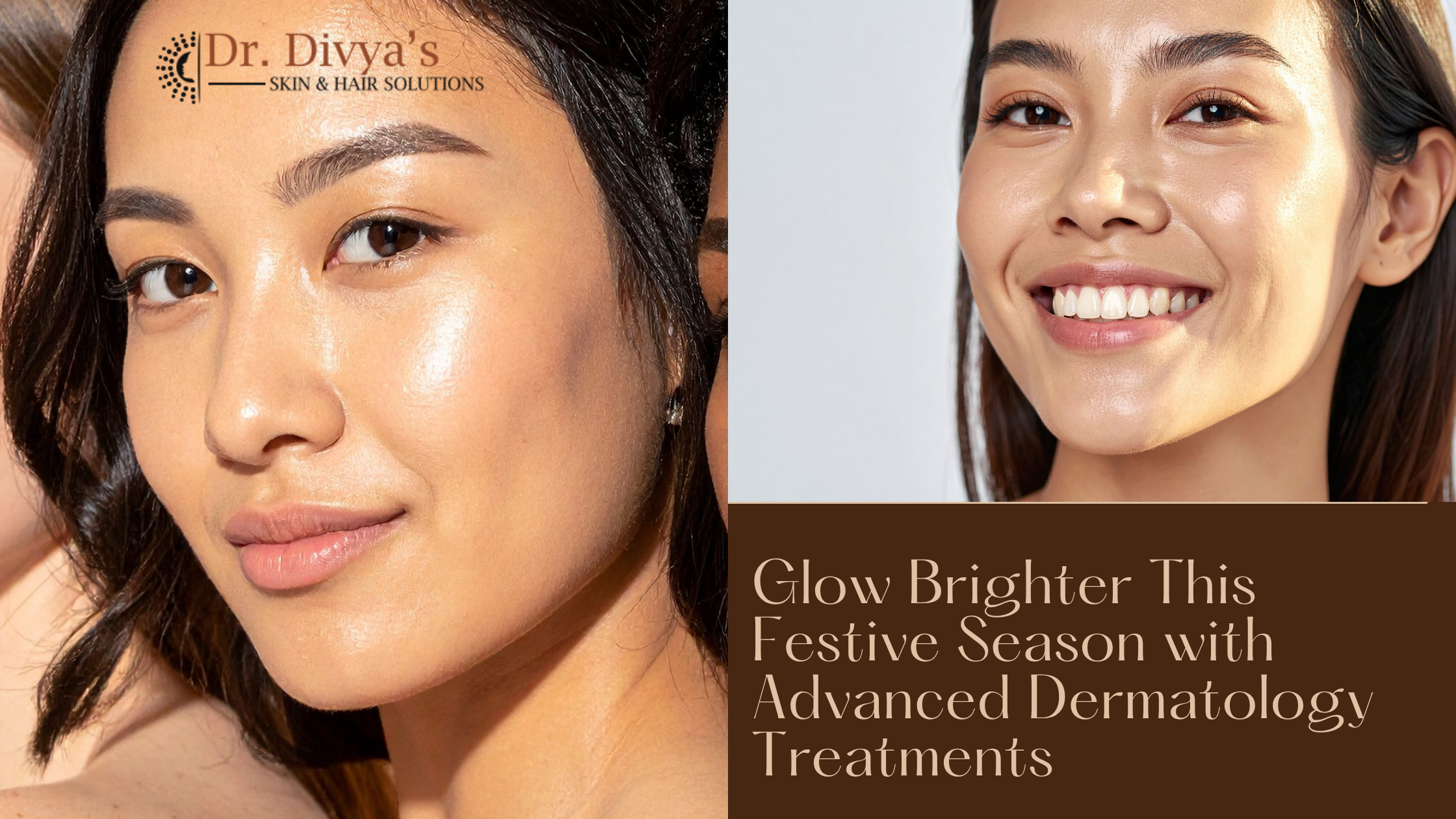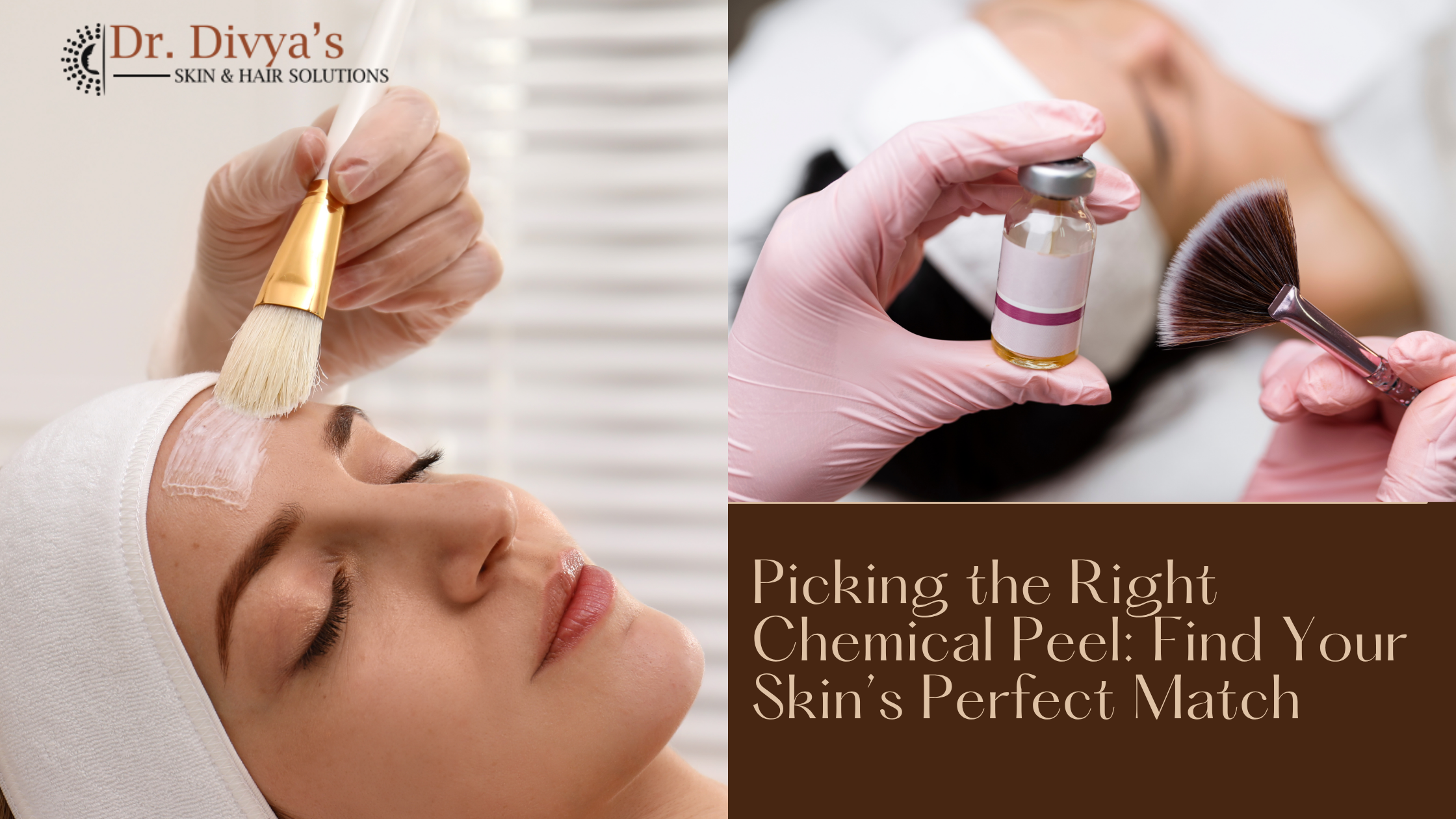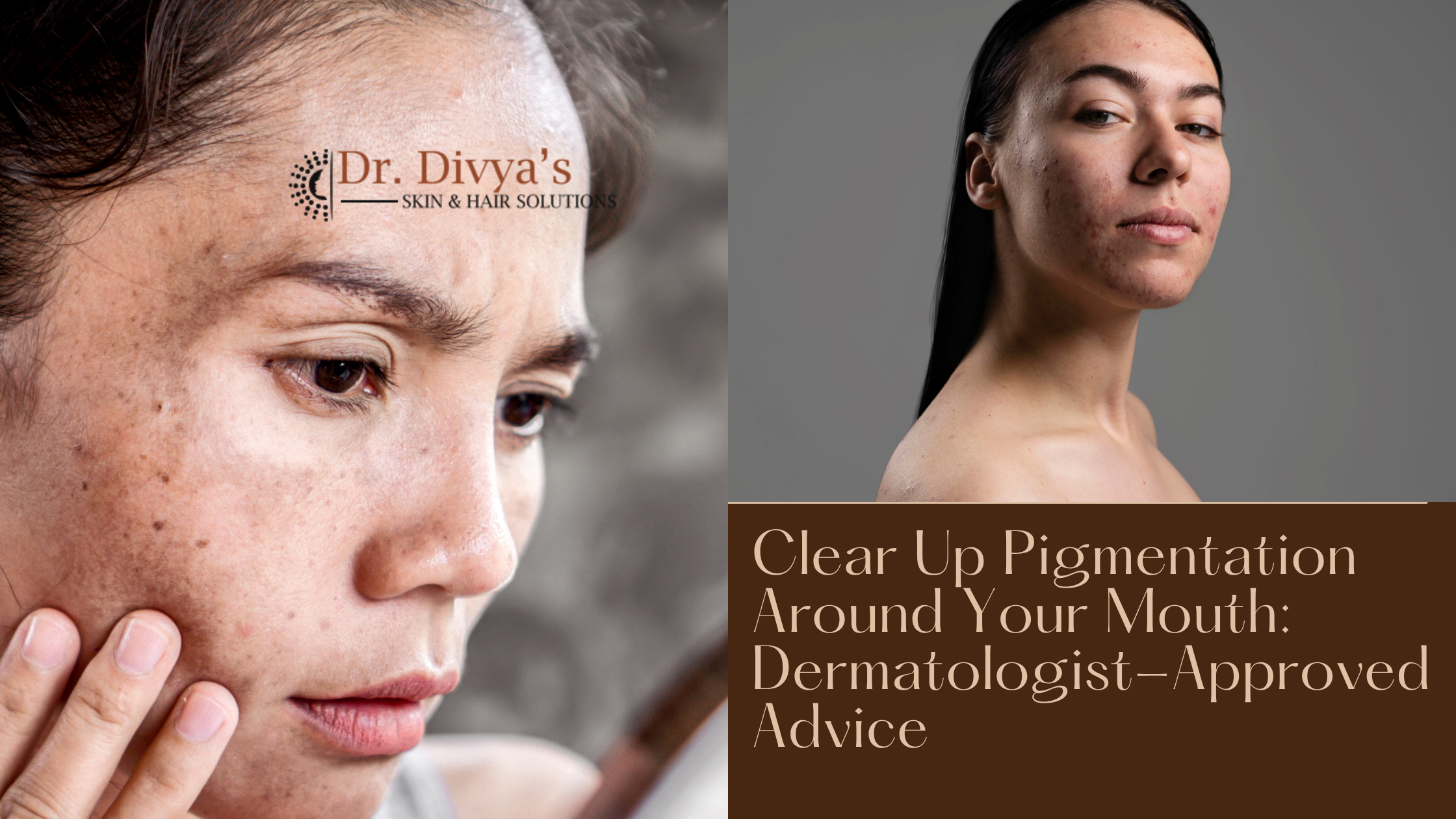Posted date on Jul 31, 2025
Have you ever felt self-conscious wearing a backless dress or struggled with painful breakouts along your shoulders and upper back? You're not alone. For many women, back acne isn’t just a teenage problem—it’s often driven by hormonal imbalances that can linger well into adulthood.
Hormonal back acne tends to be deeper, more stubborn, and emotionally draining. It can flare up during periods, pregnancy, or times of stress, and often doesn't respond well to regular skincare routines.
If you’ve been battling back acne and wondering why it keeps coming back—or what actually works—this guide is for you. Let’s dive into the hormonal triggers behind back acne, treatment options that truly help, and when it’s time to consult a dermatologist for expert care.
What is Hormonal Back Acne?
Hormonal back acne is triggered by internal hormonal changes that increase oil production and clog pores. It often appears as deep, painful cystic acne or recurring blackheads and whiteheads, especially during certain phases of the menstrual cycle. Unlike facial acne, back acne can be harder to treat due to thicker skin and constant friction from clothing or sweat.
Common Causes of Hormonal Back Acne in Women
1. Hormonal Fluctuations
Puberty, menstruation, pregnancy, and menopause can all cause shifts in estrogen, progesterone, and androgen levels. An increase in androgens (like testosterone) can lead to overactive sebaceous glands and clogged pores.
2. Polycystic Ovary Syndrome (PCOS)
PCOS is a common condition among women that leads to increased androgen levels, irregular periods, and acne—often on the back, chest, and jawline.
3. Stress and Poor Sleep
Chronic stress triggers the release of cortisol, which can indirectly affect your hormonal balance, leading to more breakouts.
4. Use of Certain Medications or Birth Control
Some hormonal contraceptives and steroids may aggravate acne.
How to Treat Hormonal Back Acne
1. Use Targeted Skincare Products
Look for body washes or gels with salicylic acid, benzoyl peroxide, or glycolic acid. These help exfoliate dead skin cells, unclog pores, and reduce inflammation. Avoid harsh scrubbing, which can worsen acne.
2. Wear Breathable Clothing
Tight or non-breathable fabrics trap sweat and oil against your skin, making acne worse. Opt for loose cotton clothing, especially during workouts.
3. Maintain Hormonal Balance
For women with PCOS or irregular periods, managing your hormonal health is crucial. This might include prescribed medications, lifestyle changes, or hormone-balancing diets under medical supervision.
4. Don’t Pick or Squeeze
Back acne may be tempting to pick due to its size and appearance, but doing so can lead to scarring or infections. Use medicated patches if needed to calm inflammation.
Medical Treatments from a Dermatologist
If over-the-counter methods aren’t effective, it may be time to visit a dermatologist.
- Treatment options may include:
- Topical Retinoids or Antibiotics
- Oral Contraceptives (for hormonal regulation)
- Isotretinoin (for severe cystic acne)
- Chemical Peels or Laser Therapy
These are tailored according to the severity of your acne, your hormonal profile, and your skin type.
When to See a Dermatologist
You should consult a skin specialist if:
- Your back acne is painful or cystic
- You notice dark marks or scars developing
- Your acne is accompanied by signs of PCOS, like facial hair, irregular periods, or sudden weight gain. An experienced dermatologist can help identify the root hormonal cause and offer long-term, personalized solutions.
Conclusion
Hormonal back acne is frustrating—but you don’t have to live with it. With the right skincare, medical support, and lifestyle changes, it’s absolutely manageable. If your back acne is persistent or impacting your daily life, seeking professional help is the best step forward.





